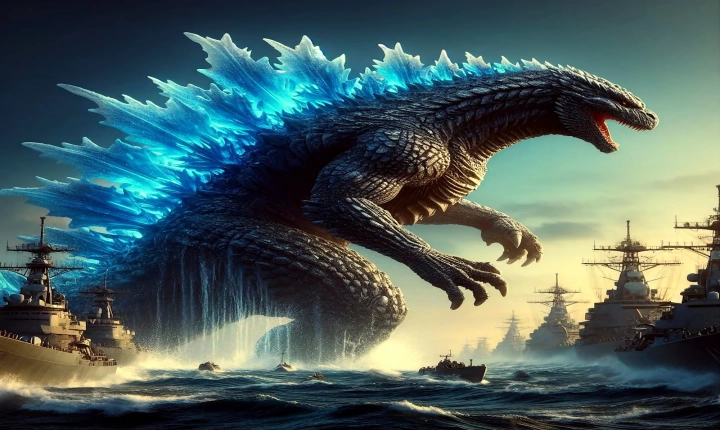Can You Own AI Art?
Art has been a form of expression and creativity for centuries, but with the advancement of technology, a new type of art has emerged – AI art. AI art, created through the use of artificial intelligence algorithms, has sparked a debate around the ownership and rights of such creations. Can you own AI art like you can own a traditional piece of art created by a human artist? This question has garnered attention from both the art world and the legal community, raising important issues about the intersection of technology, creativity, and intellectual property.
One of the fundamental challenges in determining the ownership of AI-generated art is the role of the human creator. While the process of generating AI art involves the use of algorithms and computational systems, the human programmer or artist plays a crucial role in initiating and guiding the creative process. The question then becomes whether the human creator or the AI itself should be considered the true owner of the art.
In some cases, the AI art is created by using pre-existing data, such as images, music, or text, to train the AI algorithms. This raises questions about the originality and copyright of the input data, as well as the extent to which the AI art can be considered a unique creation. Furthermore, the use of proprietary algorithms and software to generate AI art adds another layer of complexity to the question of ownership, as it may involve licensing and intellectual property rights held by the creators of the AI systems.
From a legal perspective, the question of ownership of AI art becomes even more nuanced. Copyright law, which traditionally protects the rights of human creators, may not have clear provisions for AI-generated works. The concept of authorship, which forms the basis of copyright protection, becomes blurred when AI is involved in the creative process. Additionally, the criteria for copyright protection, such as originality and human authorship, may need to be re-evaluated to account for AI-generated art.
The debate around ownership of AI art has also led to discussions about the commercial value of such creations. As AI art gains recognition and appreciation in the art market, there is a growing interest in buying, selling, and collecting AI-generated works. This has led to questions about the transferability of ownership rights, the authenticity of AI art, and the ethical considerations of profiting from the work of AI systems.
Despite the complexities and uncertainties surrounding the ownership of AI art, there have been some attempts to address these issues. Some organizations and artists have developed licenses and agreements specifically tailored to AI-generated works, outlining the rights and responsibilities of the human creators and the users of AI art. These efforts aim to provide clarity and guidance in navigating the legal and ethical aspects of owning and using AI-generated art.
As technology continues to advance and AI art becomes more prevalent, the issue of ownership will remain a topic of contention and exploration. It is essential for the art world, legal experts, and technologists to collaborate in developing a framework that acknowledges and protects the rights of all parties involved in the creation and use of AI art. This may involve redefining existing laws and regulations, fostering transparency in the AI art creation process, and promoting ethical practices in the commercialization of AI-generated works.
In conclusion, the ownership of AI art raises complex questions that challenge traditional notions of creativity, authorship, and intellectual property. While there are no definitive answers at present, the ongoing dialogue and collaboration among stakeholders will be critical in shaping the legal and ethical framework for AI art. As we navigate the intersection of art and technology, it is imperative to consider the evolving role of AI in creative expression and to establish a balanced and inclusive approach to owning and appreciating AI-generated art.
